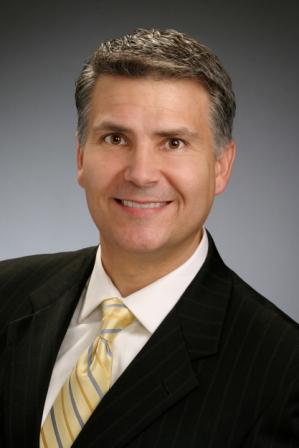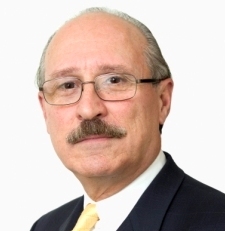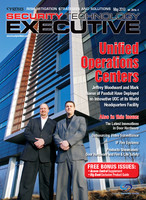Resources
Blog Authors
Blog Categories
Silver Sponsor
Resource Blogs

The Challenge of an Emerging “Quicksilverâ€Security Environment
What is going on with security and consulting that is significantly different than the decades in the years past? What I have experienced in the last 5 years is Physical Security Quicksilver. (Quicksilver - rapid or unpredictable in movement or changeâ€.) The industry used to describe this movement as convergence; however it is more than that now. In many ways the technologies have already converged. Consequently this raises more questions than answers for the security technologist consulting within this moving target.
read more -->

Notes on the Security Consultant of Tomorrow
Two key factors have permanently changed the landscape in which a security design consultant works. This doesn't alter the basic purpose of a security design consultant, but it drastically changes the mindset required to be one in several important ways.
read more -->

The Next Generation Security Consultant
‘The more things change, the more they stay the same’, an opinion that we’re all familiar with and while applicable to many aspects of our professional lives, is totally erroneous and misleading when applied to the ever evolving professional security consultant community. Future security consultants will have to proactively prepare for their careers through education and experience. In the academic world ‘publish or perish’ is still valid, but in our profession it could easily be ‘re-educate or retire’.
read more -->

NextGen Security Consultant
As the future evolves, what must an effective security consultant be able to achieve? Admittedly, the answer must include an understanding of the world as it is and as it is emerging. What might the future present for issues involving security? There are several aspects to explore:
• How and where we live and work in terms of the physical space;
• the social norms and attitudes;
• technology in terms of communication and the associated protocols;
• and the ability to create physical barriers and the tools associated with their operation.
read more -->

What will the next generation of security consultant look like?
As the prevailing threats to safety and security and mitigating technologies have adapted over time, so too has the role and requisite skill set of the security consultant. Systems have gotten smarter. Protocols have been standardized. Transmission media are shared. On one hand, this technological progression has provided us with amazing tools for increasing safety and security.
read more -->

IT companies should be leading the way in training
A topic that has gained significant attention in this industry has been that of training and certifying those who design, sell and install IP-based physical security solutions. In my opinion, IT companies have largely missed the boat on this issue. Where they have had the opportunity to take the industry by the hand to lead it to the IP Promised Land, they have instead relied on already-established programs, providers and certifications targeted at the IT professional. Thus, the industry’s migration to this technology is happening in a disorganized, unstructured manner, with many left wondering the proper path for learning and skills validation.
read more -->

